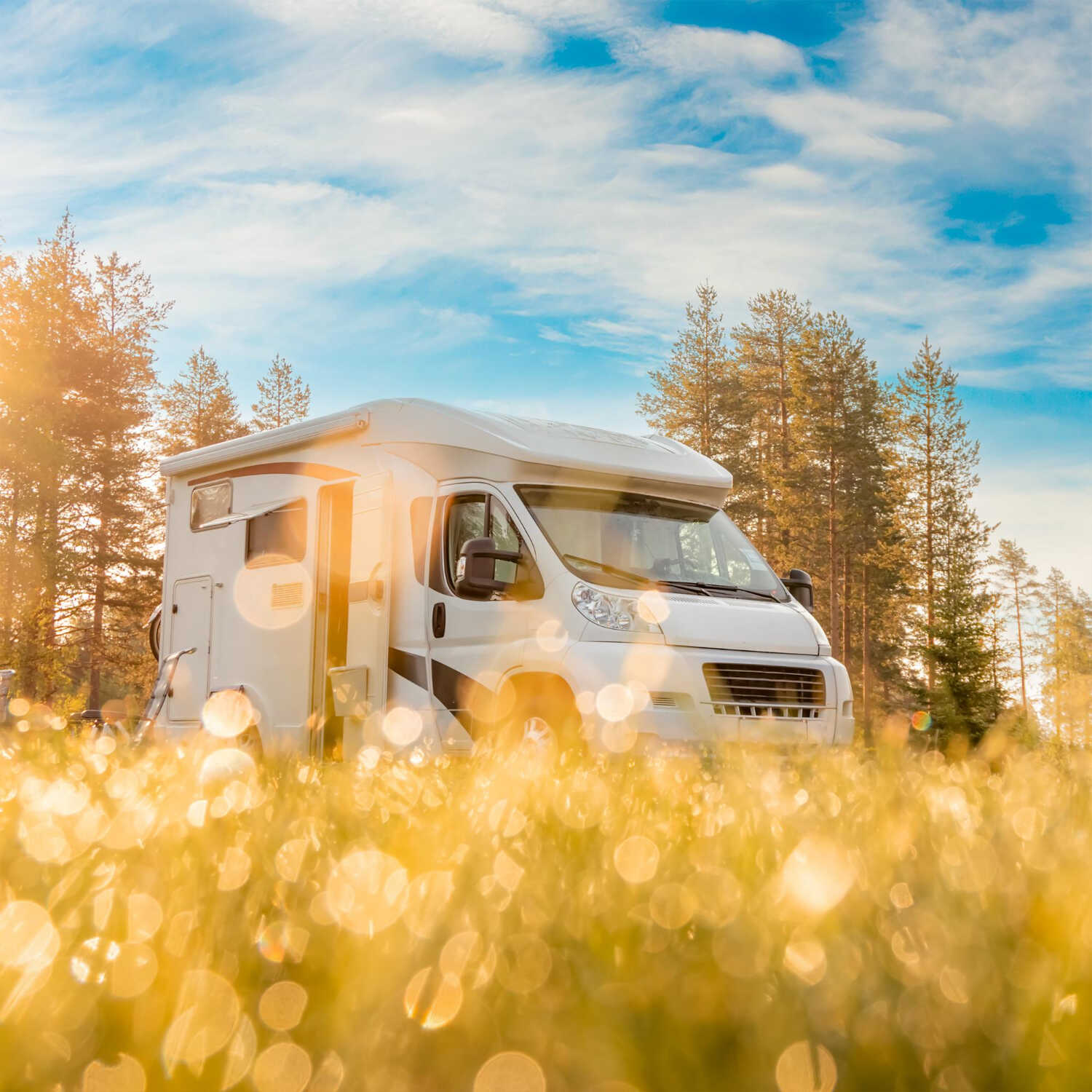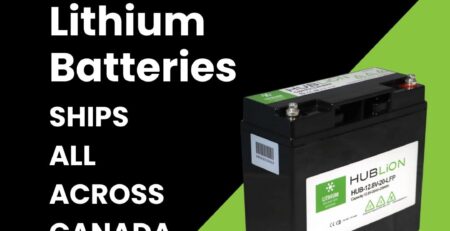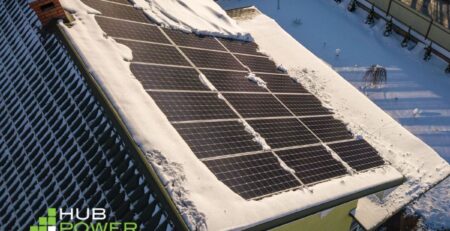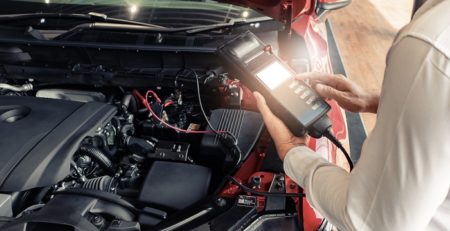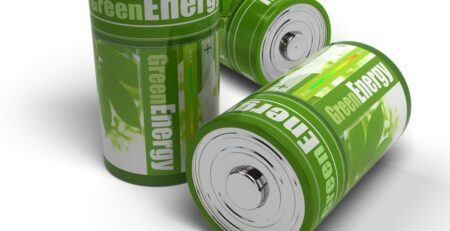Exploring Canada’s Landscapes with Solar Power: A Guide to RV Battery Selection
Embarking on a recreational vehicle (RV) adventure across the breathtaking landscapes of Canada offers an unparalleled sense of freedom. Whether you’re exploring the rugged Rockies or the serene Maritime provinces, your RV is your home on wheels. It provides not only transportation but also comfort amenities that are powered by electricity. While these aren’t electric vehicles, their internal electronics—from lighting and heating to refrigeration and entertainment systems—require a reliable power source. One increasingly popular solution is solar power. At Hub Power, we’re passionate about enabling sustainable adventures with our range of solar batteries for RVs. In this article, we’ll guide you on how to choose the right solar battery for your RV.
Understanding Your Power Needs
The first step in selecting the right solar battery is understanding your power needs. Calculate the amount of energy your RV uses daily by adding up the power consumption of all your electronic appliances. Remember to include everything from your lighting and heating to your refrigerator and other gadgets. This will give you an estimate of the battery capacity you need to sustain your RV’s electrical operations.
Types of Solar Batteries
There are primarily three types of batteries suitable for solar power systems in RVs: lead-acid, lithium-ion, and absorbent glass mat (AGM). Lead-acid batteries are a traditional choice and are usually the most affordable. However, they typically require more maintenance and have a shorter lifespan than their alternatives. AGM batteries are a type of lead-acid battery but are sealed, maintenance-free, and safer to use. Meanwhile, lithium-ion batteries are the most expensive but offer superior performance, longer lifespan, and are maintenance-free.
Battery Capacity and Size
Once you understand your power needs and the types of batteries available, you can consider the battery’s capacity and size. Battery capacity, measured in ampere-hours (Ah), determines how much electricity a battery can store. Remember, your battery should be able to store enough power to meet your RV’s daily energy consumption.
The physical size and weight of the battery are also important factors, especially given the limited space in an RV. Lithium-ion batteries are typically lighter and more compact for the same capacity compared to lead-acid or AGM batteries.
Weather Conditions and Durability
Canadian weather can be harsh, with cold winters and hot summers. It’s crucial to choose a battery that can withstand these conditions. Lithium-ion batteries tend to perform better in a wider range of temperatures compared to lead-acid batteries. Furthermore, the durability and build quality of the battery should be robust enough to handle the rigors of road travel.
Ease of Installation and Maintenance
Consider the ease of installation and maintenance. If you prefer a hands-off approach, lithium-ion or AGM batteries may be a better choice as they require little to no maintenance. On the other hand, traditional lead-acid batteries may require regular topping up with distilled water.
Cost and Warranty
It’s essential to evaluate your financial capacity and the warranty provided. Even though lithium-ion batteries may seem more expensive initially, their extended longevity and exceptional efficiency often render them a cost-efficient solution over time. Seek a warranty that extends over a substantial part of the predicted battery lifespan.
Selecting the ideal solar battery for your RV involves a meticulous assessment of various factors. These include understanding your energy requirements, identifying suitable battery types, and considering aspects such as capacity, physical dimensions, durability, ease of installation and maintenance, as well as budget constraints. At Hub Power, we understand these needs and offer a range of high-quality solar batteries for RVs. Our team is ready to help you make the right choice for your sustainable adventures across the beautiful Canadian landscape.


